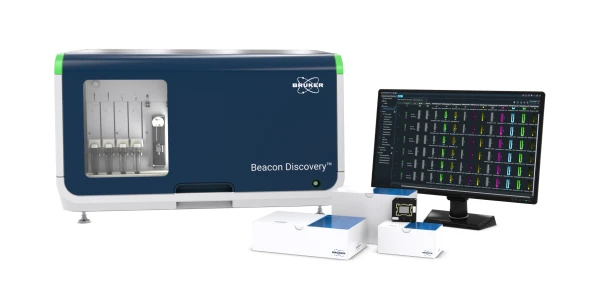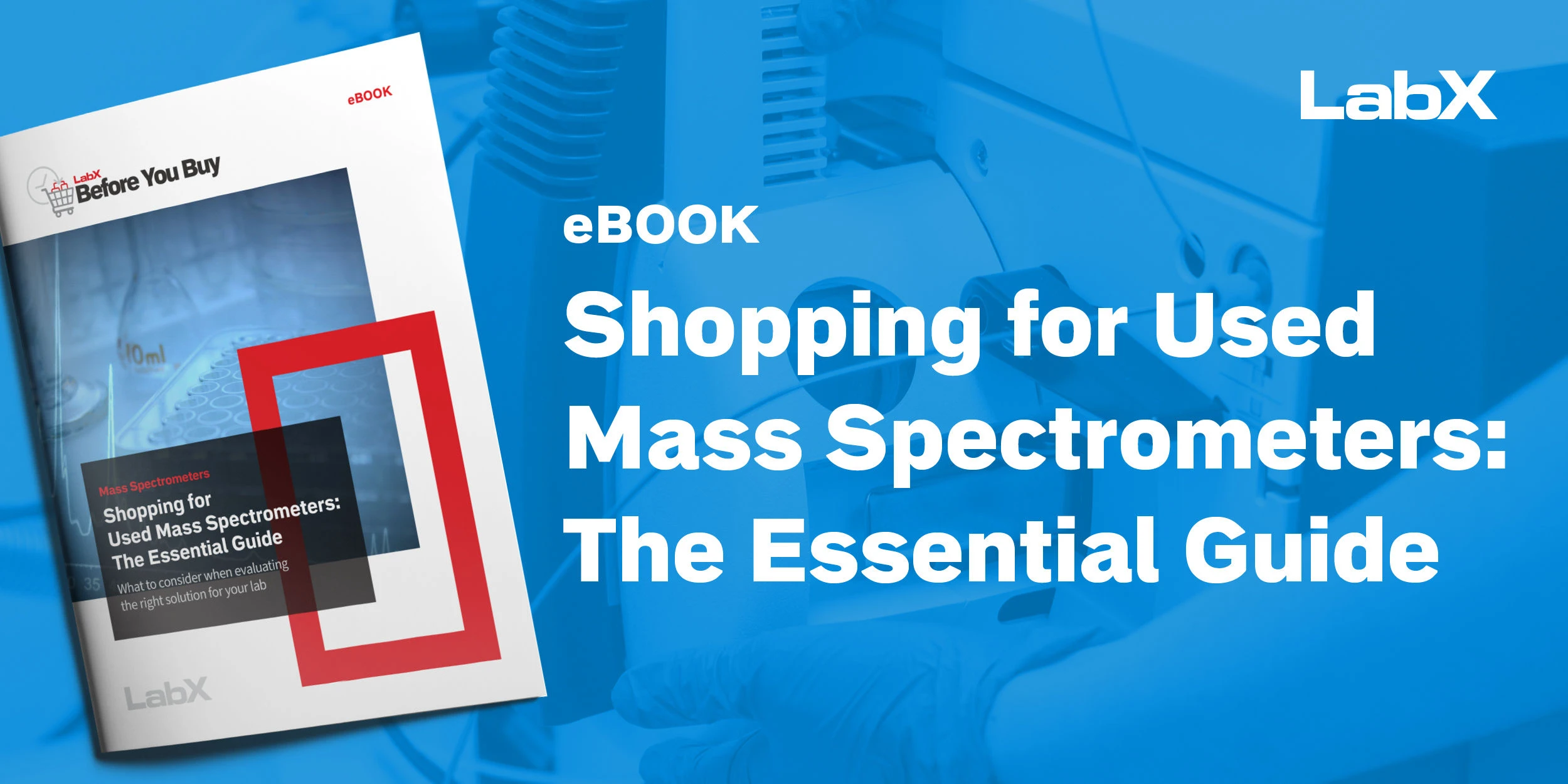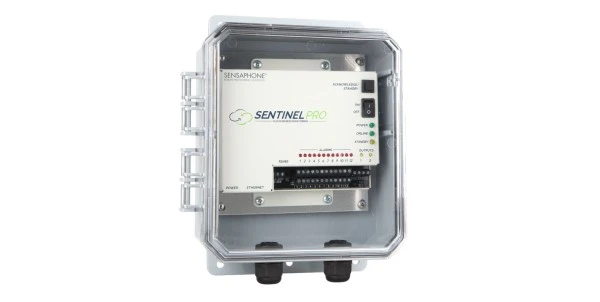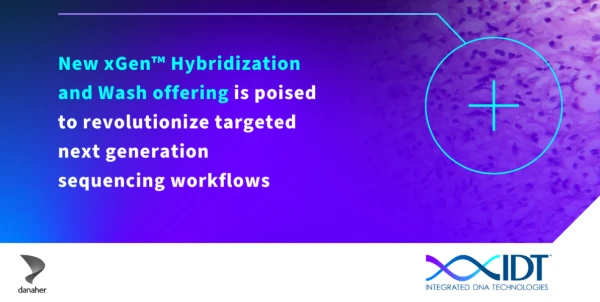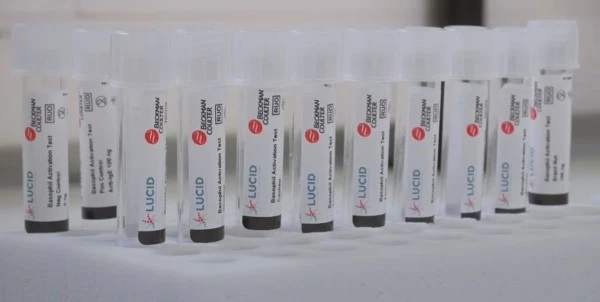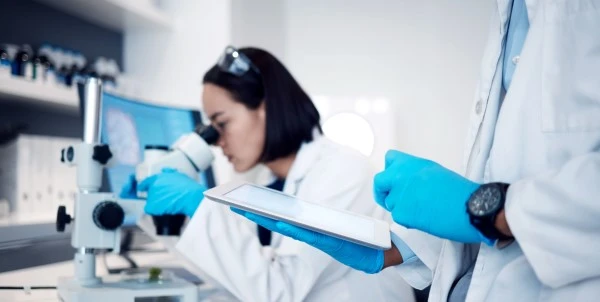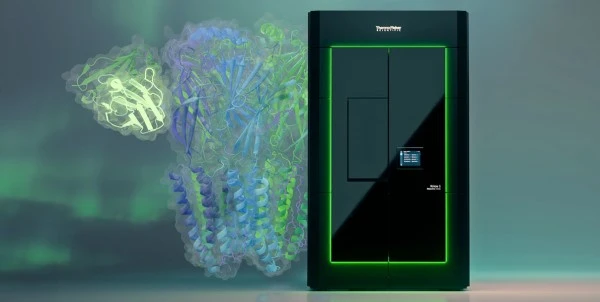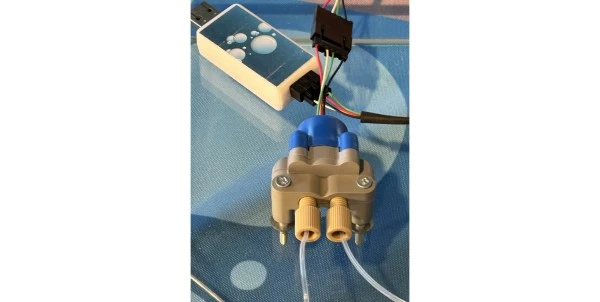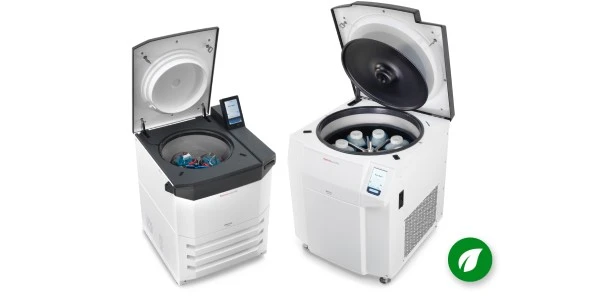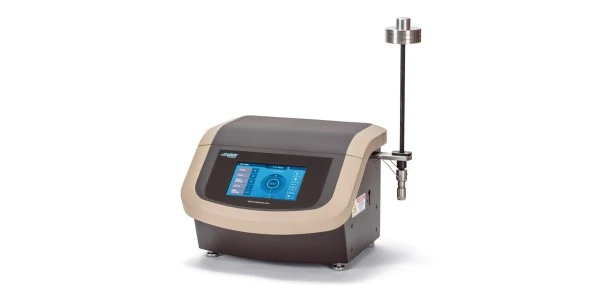A Closer Look at Atmospheric Pressure Chemical Ionization (APCI) for Trace Compound Analysis
APCI is a soft ionization technique used in MS which utilizes gas-phase ion-molecule reactions at atmospheric pressure to produce primary ions from a solvent spray. It’s main usage is for polar and somewhat less polar thermally stable compounds with molecular weights under 1500 Da. It has proven ideal for fast screening of trace compounds, steroids, pesticides, food adulterants, and other analytes, including those associated with biomedical research and drug development.
The physical arrangement of the APCI source includes three main parts: a nebulizer probe, an ionization corona discharge needle, and an ion transfer region. Analyte solution from a direct source or LC eluate is first introduced into the nebulizer at a standard flow rate (0.2-2.0 mL/min). The analyte flows along with the nebulizer gas (nitrogen) which forms fine droplets, which in combination with heat, creates a gas mist stream. As the mist enters the ionization region, the corona discharge electrode ionizes the molecules under a high potential (2-3 kV). The ions are then transported through ion focusing lenses into the mass analyzer for detection.
Ionization is either carried out in positive or negative mode, involving formation of molecular species dependent on the makeup of the mobile phase solvent. As a soft ionization technique, fragmentation does not typically occur inside the APCI source. If it does, it is most likely the result of thermal degradation by the heated nebulizer and subsequent ionization of the products.
A major distinction from other chemical ionization techniques is that a heated filament is neither required nor compatible with atmospheric ionization. Rather ionization occurs via the corona discharge, which can handle both corrosive or oxidizing gases as well as atmospheric pressures.
The technique has seen widespread use in GC-MS and LC-MS. The sensitivity of APCI as well as the accuracy and precision of modern LC-MS/MS platforms have elevated it’s use as a method of choice in compound and metabolite screening stages of drug development.
The advantages of APCI for a range of analytes, solvents, of sample preparation methods are many fold. High collision frequency under atmospheric pressure leads to efficient ionization. As desolvation and vaporization of the liquid droplets occurs early in the ionization process, reduced thermal decomposition occurs. This results in fewer fragmentation events lending to a soft ionization process.
APCI is also compatible with high flow rates and does not require nanoflow splitting systems. As ionization occurs after the analyte has reached the gas phase, an advantage over electrospray ionization (ESI) includes compatibility with non-polar solvents, in addition to polar solvents, thereby extending the range of analysis.
All things considered, APCI is a very versatile ionization method with regards to conditions and solvents used in analysis. Limitations include the necessity for thermally stable analytes under 1500 Da in size. Nonetheless, APCI is well suited for rapid analysis and screening of drug compounds, metabolites, polar lipids, natural substances, pesticides, and other organics – applications that cover a diverse and important range.
